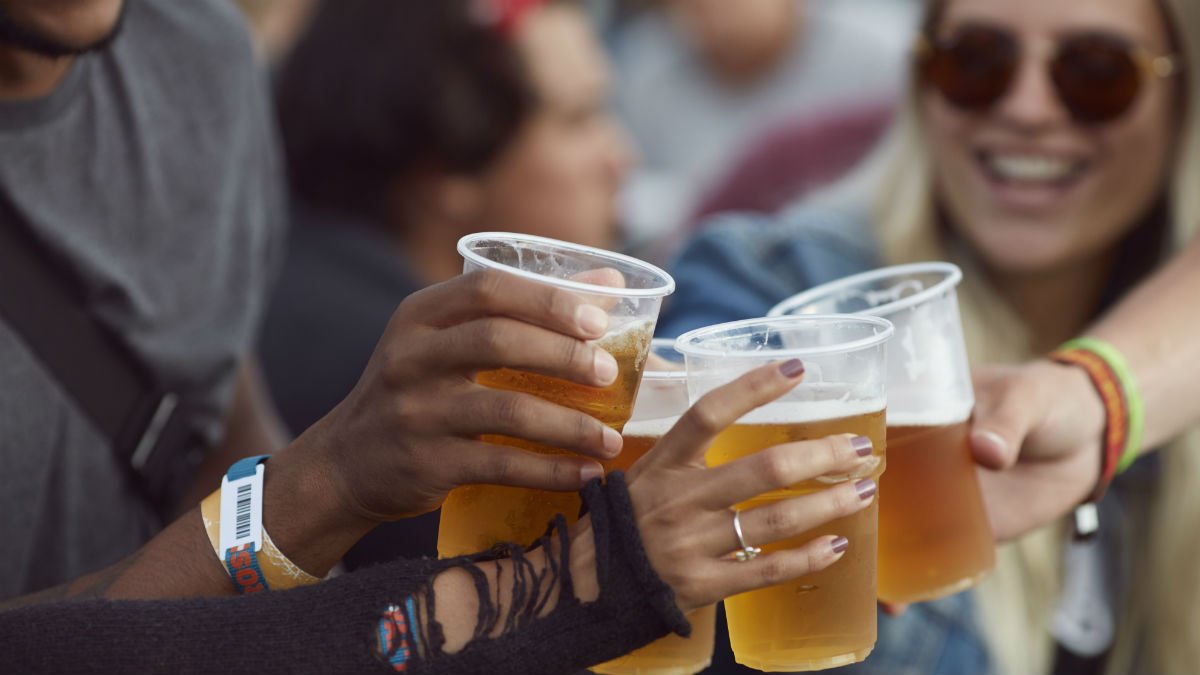Young people who go to bed later drink and smoke more due to their impulsivity
Young people who prefer to stay up late are more impulsive than their peers who go to bed earlier, which makes them more likely to drink alcohol and smoke, a new study in the journal Chronobiology International, reports.

In the first study of its kind, researchers from the University of Surrey and Brunel University London investigated how being an evening type (someone who prefers to stay up late and functions better in the evening) links to impulsivity, anxiety, and substance use. Young people often prefer to stay up late, and those who do are known to be at higher risk of mental health issues and problematic substance use.
To better understand why this is, researchers recruited 191 participants aged between 18-25 years old. Participants were surveyed on their sleeping preference (morning or evening types), their sleep quality, levels of anxiety and impulsivity, and asked about how many cigarettes they smoked and how much alcohol, coffee, and other caffeinated drinks they consumed.
A lab-based computer test was also used to test impulsivity levels. Participants were required to indicate how long they were willing to wait before receiving a hypothetical cash reward. Researchers found that evening types were more impulsive, preferring small immediate rewards over delayed larger ones. These young adult evening types were also more anxious and reported higher alcohol, caffeine and cigarette use compared to their peers who preferred going to bed earlier. Lower sleep quality did not explain these effects; to see what could, researchers used a statistical method known as mediation analysis, which found that higher levels of impulsivity were the link between being an evening type and greater alcohol, caffeine, and cigarette use.
Researchers believe that by understanding what causes young people to smoke and drink more, we can educate them more effectively about risk factors and design strategies to combat problematic substance use.
Dr Simon Evans, Lecturer in Neuroscience at the University of Surrey, said: “Young people who stay up late and claim they function best in the evening are known to have higher alcohol intake, smoke more cigarettes and are at greater risk of mental health issues. What we have found is that their higher levels of substance use are due to their increased impulsivity levels. The consequences of high levels of substance use can be detrimental to long term physical and mental health, and these findings suggest ways we could reduce risky substance use behaviours in young people.”
Dr Ray Norbury, Senior lecturer in Psychology at Brunel University London, said: “We found that the tendency to be a night owl was associated with higher levels of anxiety, impulsivity and alcohol and cigarette use. What we don’t know is if night owls are more likely to engage with these harmful behaviours because they are already out late and so may just have more exposure to opportunities to drink and smoke or whether the addictive behaviours (the stimulant effects of smoking for instance) drive them to be up late.
“Clearly, this study has implications for both the mental and physical health of our student populations. It may be that simple interventions to improve sleep hygiene could reduce substance use and anxiety in these young and potentially vulnerable adults.”
Media Contacts
External Communications and PR team
Phone: +44 (0)1483 684380 / 688914 / 684378
Email: mediarelations@surrey.ac.uk
Out of hours: +44 (0)7773 479911
